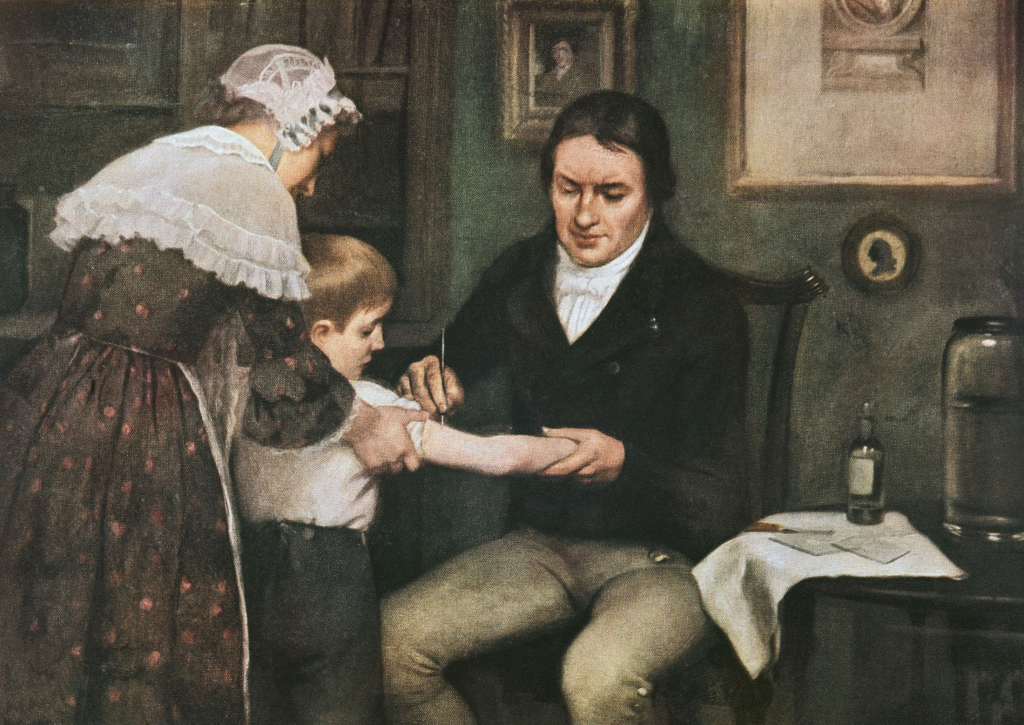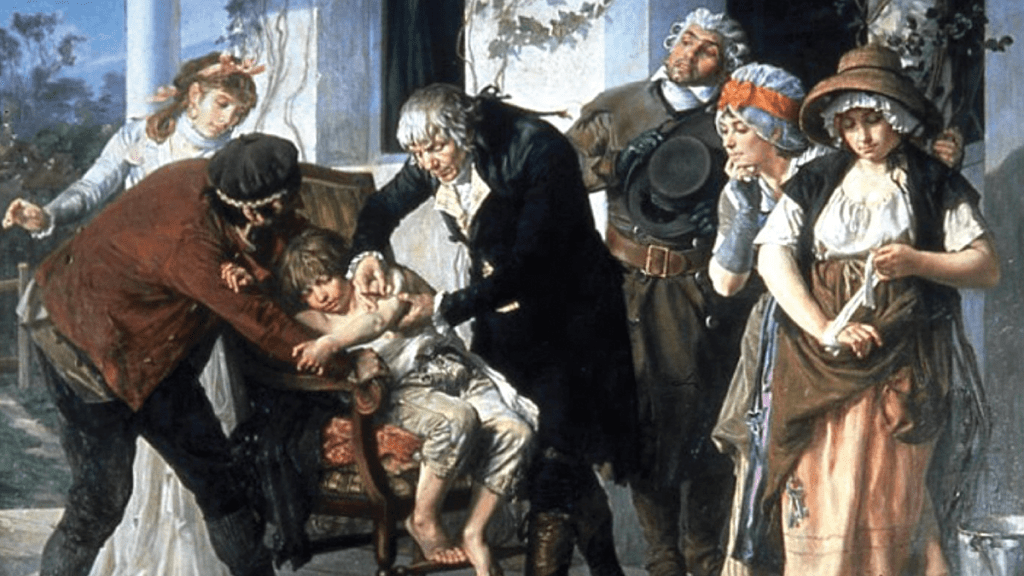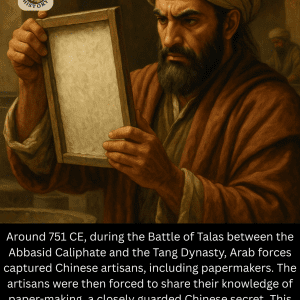In the 18th century, smallpox was one of the deadliest diseases in Europe. It swept through cities and royal courts alike, leaving death and disfigurement in its path. But one woman, Empress Maria Theresa of Austria, dared to take a revolutionary step one that would help shape the future of public health in Europe.
This is the story of personal loss, courage, and a monarch who used her grief to protect millions.

A Disease That Knew No Mercy
By the mid-1700s, smallpox was a horrifying presence across Europe. The virus claimed the lives of rich and poor alike. Survivors often bore deep scars or even lost their sight. No family was immune not even the ruling Habsburg dynasty.
In 1767, Maria Theresa herself contracted smallpox. She recovered, but the disease didn’t leave her family untouched. She had already lost three of her children to the deadly virus. The fear that her remaining children might suffer the same fate weighed heavily on her.

Unlike many rulers of her time, Maria Theresa was not content to accept illness as fate. Her experience with the disease sparked a fierce determination to find a solution.
Video:
Maria Josepha, Archduchess of Smallpox
A Radical Royal Decision
At the time, inoculation an early method of immunization was known but controversial. The procedure involved introducing a small amount of the live virus into a healthy person, ideally causing a mild case that would build immunity. But the idea was frightening, and the risks were real. Many feared that the cure might be worse than the disease.
Still, Maria Theresa chose to act.
In a bold move, she had her surviving children inoculated. The royal family was one of the first in Europe to undergo the procedure publicly. This wasn’t just a personal decision it was a political one. By trusting science and setting an example, the empress was sending a clear message to her empire: progress and protection are worth the risk.

Leading by Example
Maria Theresa didn’t stop with her own children. Once they had successfully recovered from inoculation, she expanded efforts across the Habsburg territories. She brought in trained doctors, supported public health campaigns, and helped shift public opinion on the procedure. Slowly, her citizens began to follow suit.
Video:
Maria Theresa loses her two daughters and her daughter-in-law to smallpox (Maria Theresia s03e01)
It wasn’t easy. Many people still distrusted the process. Religious leaders and traditionalists warned against interfering with nature. But the empress stood firm, and her influence as a monarch helped overcome resistance. She backed medical professionals, spread information, and made resources available to the broader population.
In doing so, Maria Theresa didn’t just protect her dynasty she planted the seeds of modern public health in Europe.
A Lasting Legacy
Today, we understand inoculation as the precursor to vaccination, which would later be refined by scientists like Edward Jenner and Louis Pasteur. But long before vaccines became routine, it was Maria Theresa’s courage and leadership that helped pave the way.
Her actions marked one of the first times a European monarch had actively supported public health reform based on scientific innovation. And in doing so, she challenged centuries of superstition and fear.
She turned personal tragedy into policy using her loss not as a reason to retreat, but as a reason to lead.

Why It Still Matters
In a time when public trust in health initiatives can waver, stories like Maria Theresa’s are more relevant than ever. They remind us that progress often begins with someone brave enough to go first. That sometimes, leadership means choosing the unknown for the good of all.
Empress Maria Theresa’s choice to inoculate her children in 1767 wasn’t just about saving lives in her palace it was about setting an example for generations to come.
And more than 250 years later, her legacy still lives on every time someone rolls up their sleeve for a vaccine.


